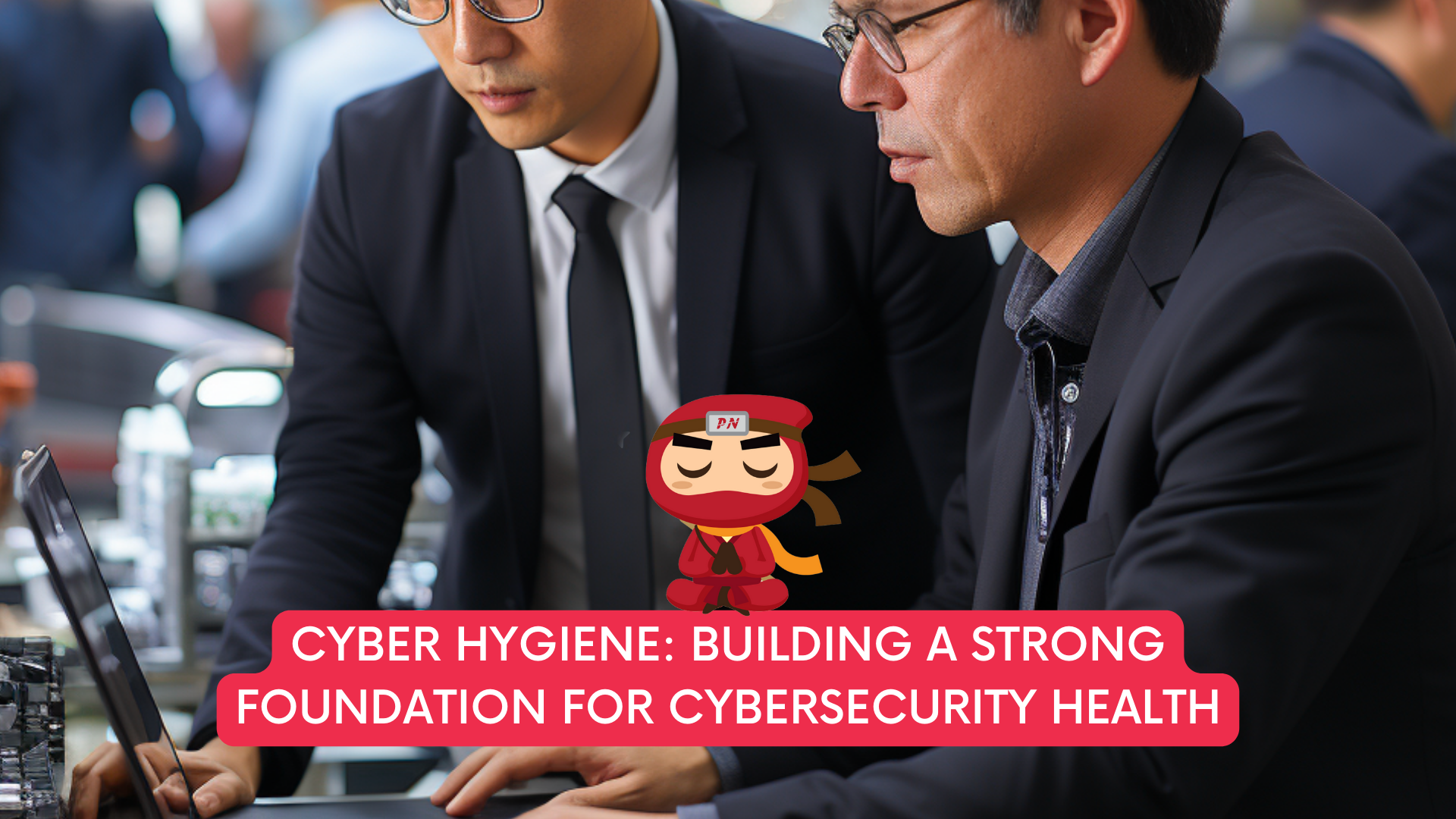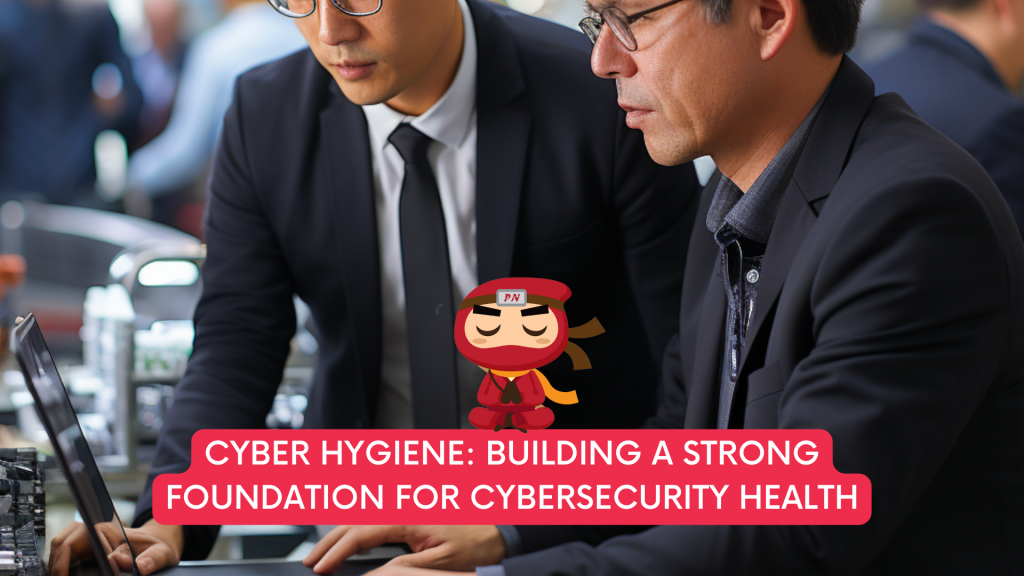KEEP IN TOUCH
Subscribe to our mailing list to get free tips on Data Protection and Cybersecurity updates weekly!







Our lives are intertwined with technology. From smartphones and laptops to smart home devices and online banking, we rely on technology for convenience, communication, and access to information. However, this reliance also exposes us to various cybersecurity threats that can compromise our digital well-being. Just as good hygiene is crucial for maintaining physical health, practicing strong cyber hygiene is essential for safeguarding our online presence. This article explores the concept of cyber hygiene and provides actionable steps to build a strong foundation for cybersecurity health.
Cyber hygiene refers to a set of practices and habits that individuals and organizations adopt to ensure their digital security. Similar to how personal hygiene prevents the spread of germs and illnesses, cyber hygiene helps prevent data breaches, identity theft, and other online threats. Just as washing hands and brushing teeth are fundamental to physical health, cyber hygiene practices form the cornerstone of a secure digital life.


In a digital landscape fraught with cyber threats, practicing good cyber hygiene is imperative for protecting our personal and professional information. Just as we adopt daily habits to maintain physical health, incorporating strong cybersecurity practices into our routines can significantly reduce the risk of falling victim to online attacks. By understanding the principles of cyber hygiene and consistently implementing best practices, we can build a robust foundation for our cybersecurity health and navigate the digital world with confidence.
Your appointed DPO can work with you on your PDPA compliance, ensuring that there will be policies in place to make sure that the handling of personal data is PDPA compliant.
A Data Protection Officer (DPO) oversees data protection responsibilities and ensures that organisations comply with the Personal Data Protection Act (PDPA). Furthermore, every Organization’s DPO should be able to curb any instances of PDPA noncompliance as it is the officer responsible for maintaining the positive posture of an organisation’s cybersecurity.
DPOs complement organisations’ efforts to ensure that the organisation’s methods of collecting personal data comply with the PDPA. It also ensures that policies are set in place to make sure that there will be no instances of data breaches in the future.
Don’t wait any longer to ensure your organisation is PDPA compliant. Take our free 3-minute PDPA Compliance Self-audit checklist now, the same “secret weapon” used by our clients to keep them on track. Upon completion, we will send you the results so you can take the necessary action to protect your customers’ data. Complete the free assessment checklist today and take the first step towards protecting your customers’ personal data.